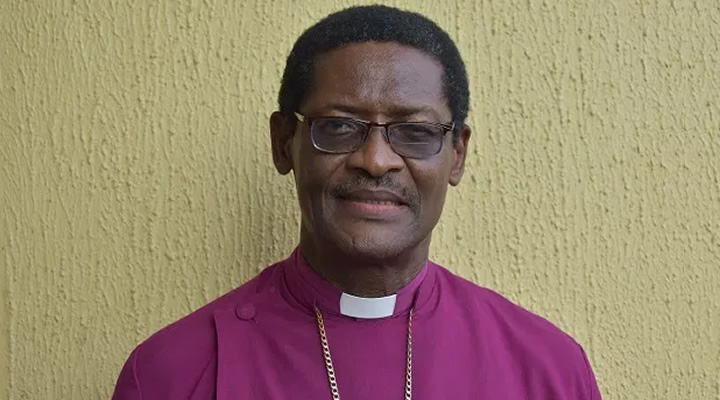The Church of Nigeria (Anglican Communion) has formally severed ties with the Church in Wales, citing irreconcilable differences over the latter’s acceptance of same-sex relationships within its clergy. The catalyst for this rupture was the election of Bishop Cherry Vann, an openly lesbian cleric, as the Archbishop of Wales. The Nigerian Church, known for its conservative stance on theological matters, views this appointment as a fundamental departure from biblical teachings on sexuality and leadership, thus necessitating a complete break in communion. This decision underscores the growing schism within the global Anglican Communion over issues of LGBTQ+ inclusion, mirroring similar divisions within other Christian denominations. The Nigerian Church’s actions reflect a broader struggle between upholding traditional interpretations of scripture and accommodating evolving societal norms.
The official announcement of the severed ties came in a statement released on August 3, 2025, signed by the Primate of the Church of Nigeria, Most Rev. Henry C. Ndukuba. The statement unequivocally rejected the legitimacy of Bishop Vann’s appointment, refusing to recognize her as Archbishop and explicitly stating an inability to share communion with a church perceived to have deviated from biblical doctrine. The Church of Nigeria characterized the election as not merely a departure from traditional teachings, but a direct act of defiance against God’s ordained order. This strong language highlights the deep theological convictions underlying the Nigerian Church’s decision and sets the stage for a potentially protracted period of separation between the two Anglican provinces.
The break in communion effectively terminates all official fellowship, worship, and ministry partnerships between the Church of Nigeria and the Church in Wales. This “state of impaired communion,” as termed by the Nigerian Church, signifies a complete cessation of collaborative activities and shared religious practices. The Primate’s statement evoked previous instances where the Church of Nigeria had withdrawn from other Anglican provinces, specifically the U.S. Episcopal Church and the Anglican Church of Canada, over similar doctrinal discrepancies related to LGBTQ+ inclusion. This consistent pattern of severing ties underscores the Nigerian Church’s unwavering commitment to its interpretation of biblical teachings and its willingness to isolate itself from other branches of the Anglican Communion that hold differing views.
The Church of Nigeria, in its statement, accused the Church in Wales of choosing a path of “spiritual ruin” and undermining the broader Christian mission by embracing what it considers “unbiblical innovations.” This accusation frames the Welsh Church’s decision not merely as an internal matter, but as a betrayal of the fundamental tenets of Christianity. The Nigerian Church reaffirmed its allegiance to the Global Anglican Future Conference (GAFCON), a network of conservative Anglican provinces worldwide, signaling its continued engagement within a global network of like-minded churches. This alignment with GAFCON reinforces the Nigerian Church’s position within a broader conservative movement within Anglicanism and suggests a potential for further realignments within the global communion based on differing interpretations of scripture.
The Nigerian Church’s decision reflects a broader tension within the global Anglican Communion and Christianity at large regarding the interpretation of scripture and its application to contemporary social issues. While some branches of the Anglican Communion have embraced a more inclusive approach to LGBTQ+ issues, others, like the Church of Nigeria, maintain a traditional interpretation of biblical texts. This fundamental disagreement on theological matters has led to increasing fragmentation within the Anglican Communion, potentially jeopardizing its future unity. The Church of Nigeria’s firm stance is likely to further fuel the debate surrounding inclusivity and biblical interpretation within the Anglican Communion and contribute to ongoing discussions on the evolving relationship between faith and social change.
The concluding remarks of the Church of Nigeria’s statement urged its members to abstain from any form of ministry cooperation or liturgical engagement with the Church in Wales or its representatives. This directive underscores the complete nature of the separation and emphasizes the Nigerian Church’s commitment to maintaining its theological purity. By forbidding interaction with the Church in Wales, the Nigerian Church seeks to prevent any potential blurring of its doctrinal stance and to maintain a clear demarcation between its interpretation of biblical teachings and the practices of the Welsh Church. This final admonition reflects the deep divide that now separates these two branches of the Anglican Communion and suggests a long road ahead for any potential reconciliation.


